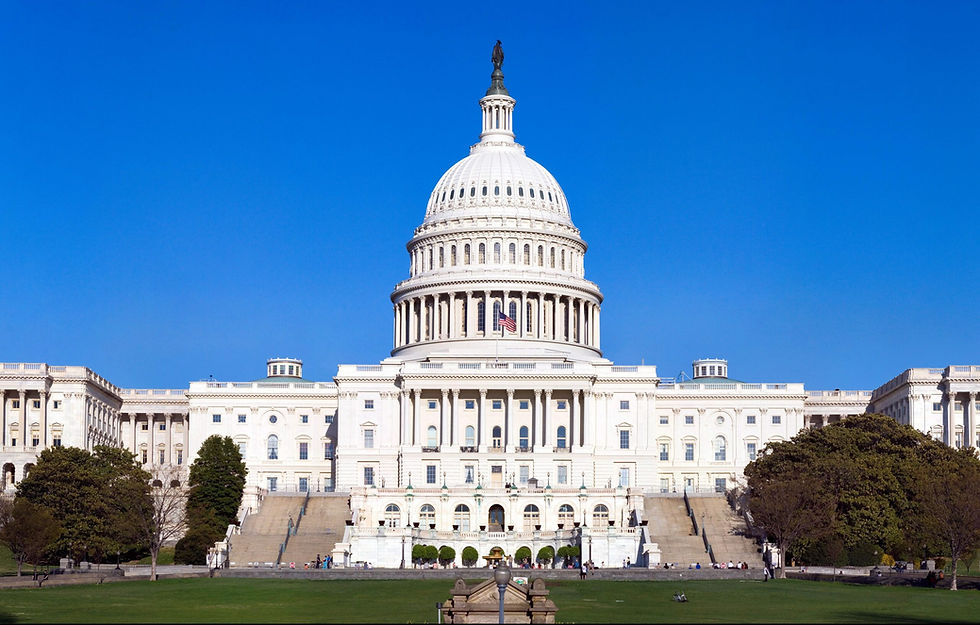Bad Practice: The Under-Funding of OPD
- Zuri Moreno
- Mar 29, 2023
- 3 min read
After years of insufficient funding, it is time for the Senate to bridge the gap in the state’s Office of Public Defender budget by fully funding the Governor’s requests in House Bill 2.
The Sixth Amendment of the U.S. Constitution declares the right to legal counsel in criminal cases for every individual and that those who do not have financial or other means of procuring their own legal defense are provided with an attorney. Each state chooses how to implement this directive. Almost two decades ago, Montana switched the funding source and oversight of this critical service from counties to the state, a move that led to more state control and could have ended the chronic underfunding of this service.
Before 2005, the county funded legal counsel for impacted individuals. This led to county-by-county challenges. According to a 2004 National Legal Aid & Defender Association (NLADA) study, MT counties failed to adequately fund indigent defense. Additionally, counties had no consistent way to determine who needed appointed counsel or appropriate public defender workload standards.
The Montana Public Defender Act of 2005 passed this constitutional responsibility onto the state with the establishment of the state’s Office of the Public Defender (OPD). This act could have been an opportunity to ensure Montana was meeting its statutory and constitutional obligations. Instead, insufficient funds were a problem from the beginning.
Because the office was new, there was no prior budget to work from to determine proper funding. Despite chronic underfunding at the county level inspiring the legislation, one of the major sources to determine the starting budget for the new OPD budget was the county funding levels at the time. The bill commissioned a legislative audit to determine the actual costs for certain counties based on public defender expenditure records from fiscal years 1999 to 2004. Thus, the first budget was based on funding amounts that legislators knew would not meet the caseload need.
Since its inception, OPD has overrun its annual budgetary allocation every year. This has often required them to return to the legislature or budget office asking for additional funds. When the covid pandemic hit Montana in 2020, there soon came a backlog of cases as shelter-in-place protocols made jury trials difficult to schedule. When Yellowstone County began enforcing workload limits for its attorneys in 2021, a District Court judge held OPD in contempt for delays in assigning attorneys to almost 700 defendants. When American Rescue Plan Act (ARPA) funds arrived in Montana, Yellowstone County was granted $1.5 million to supplement their budget and support working through caseload backlog.
After this crisis, in 2022, the OPD director met with Office of Budget and Planning staff to bring to light the issues impacting OPD caseloads and budget. As a result, the Governor’s budget included necessary improvements, including 20 new full-time (FTE) staff, as well as attorney pay increases, continuation of Yellowstone County emergency support, and contingency funds.
Unfortunately, thus far, the Legislature has refused to honor the Executive Budget requests by only funding 25 percent of the FTE increases and none of the contingency funds. OPD has come up short by over 60 public defender FTEs every year since 2019. This staffing shortfall results in OPD needing to hire contract attorneys, who have higher hourly pay rates than permanent staff and do not consistently offer the same levels of quality or experience. Not only is staffing already insufficient to meet current caseload, but there are also at least 30 bills moving through the Legislature that would increase OPD caseload if passed.
Currently, the budget for OPD in HB 2 is over 7 million dollars short of the Governor’s request. We ask that the Senate amend HB 2 to fully fund what is included in the Executive Budget in order to ensure that all Montanans have their constitutional rights met. To restore the full funding for OPD, and finally address the long history of underfunding, the Senate must include:
Funding for an additional 15 FTE ($3.1 million)
Funding for provider rate increases ($1.4 million)
Funding the contingency fund ($1.5 million)
Montanans still have the opportunity to let their voices be heard before legislators next address HB 2 in Senate Finance and Claims committee. Contact legislators on the committee to let them know they need to fully fund OPD.




Comments